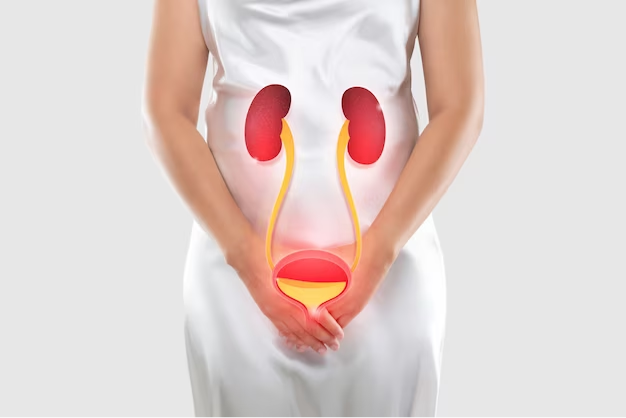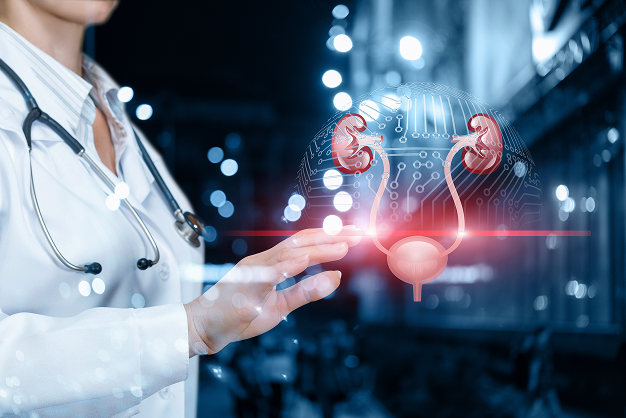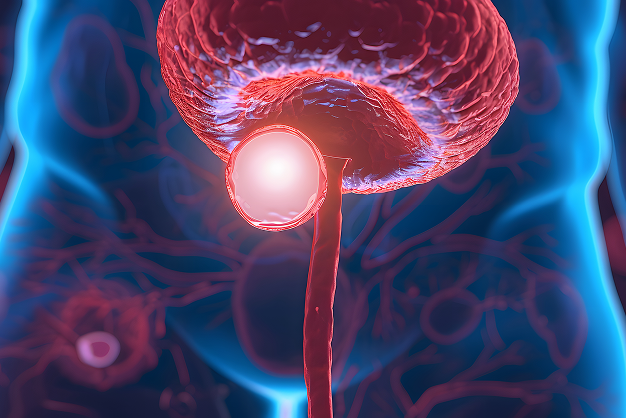Author: Dr. Suresh Bhat
Benign Prostatic Hyperplasia (BPH) is one of the most common urological conditions affecting men as they age. It refers to the non-cancerous enlargement of the prostate gland, which gradually increases in size over time. The condition typically begins after the age of 50. Research shows that nearly 40–50% of men over 50 years and up to 80–90% of men over 80 years experience BPH to some degree.
The most important thing for patients to understand is that BPH is not cancer, nor does it increase the risk of developing prostate cancer in the future.
Causes of BPH
While the exact cause of BPH is not fully known, hormonal imbalance related to aging is considered a major factor. As men grow older, the level of testosterone (male hormone) tends to decrease, while estrogen (female hormone) slightly increases. This hormonal shift may contribute to prostate tissue growth.
The normal weight of the prostate gland is around 20–30 grams. With age, it may enlarge to 50–60 grams or even reach 100–200 grams in some cases.
The prostate gland is located just below the bladder, surrounding the urethra — the tube that carries urine out of the body. As the gland enlarges, it compresses the urethra, leading to difficulty in passing urine and other urinary symptoms.
Common Symptoms of BPH
The severity of symptoms doesn’t always depend on the size of the prostate. Even a small enlargement can cause major discomfort, while a significantly enlarged prostate may sometimes cause no symptoms.
Common symptoms include:
- Delay in starting urination
- Interrupted urine flow
- Weak urine stream
- Frequent urination, especially at night (Nocturia)
- Sudden or urgent need to urinate
- Dribbling at the end of urination
- Feeling of incomplete bladder emptying
- Involuntary leakage of urine
- Blood in the urine (Hematuria)
- In severe cases, inability to pass urine leading to pain and discomfort
Diagnosis and Evaluation
To accurately diagnose Benign Prostatic Hyperplasia, a urology doctor in Kottayam will perform a series of evaluations, including:
- Medical history: assessing symptoms, duration, and intensity
- Physical examination: including a Digital Rectal Examination (DRE) to assess prostate size and consistency
- Urine analysis: to detect infections
- IPSS Score (International Prostate Symptom Score): for symptom severity assessment
- Uroflowmetry: to measure urine flow rate
- PSA test (Prostate-Specific Antigen): to rule out prostate cancer
- Ultrasound scan: to evaluate the kidneys, bladder, prostate size, and post-void residual urine volume
The Urology Department in Kottayam at Caritas Hospital provides comprehensive diagnostic facilities and expert consultation for all prostate and urinary disorders.
Treatment Options for BPH
- Mild Symptoms
If symptoms are mild, BPH can often be managed without medication through lifestyle modifications:- Limit total daily water intake to around 2 liters
- Avoid drinking fluids after 8 PM
- Reduce caffeine and alcohol consumption
- Exercise regularly
- Eat more fruits and vegetables
- Prevent constipation
- Avoid over-the-counter allergy or pain medications without consulting a doctor
- When Symptoms Progress
If symptoms worsen or interfere with daily life, your urologist in Kottayam may recommend:- Medications that relax the prostate muscles or shrink the gland
- Regular monitoring to check prostate size and urinary function
Possible Complications if Left Untreated
Ignoring severe symptoms can lead to:
- Recurrent urinary tract infections
- Bladder stones
- Blood in urine
- Kidney damage or renal failure
- Bladder dysfunction
Surgical Treatment Options for BPH
Surgery is recommended when:
- Medications are ineffective
- Serious complications arise
- Quality of life is significantly affected
Common surgical options include:
- TURP (Transurethral Resection of Prostate) – the gold standard procedure
- Laser surgeries (Thulium, Holmium) – suitable for high-risk patients
- Robotic surgery – minimally invasive with faster recovery
- Open prostatectomy – for very large glands
- Urethral lift procedure – preserves sexual function
- Prostatic artery embolization – ideal for those unfit for anesthesia
- Rezum procedure – uses water vapor therapy while maintaining sexual health
Living with BPH
Benign Prostatic Hyperplasia is a common, manageable condition that affects many men later in life. With early diagnosis, healthy lifestyle habits, and appropriate medical or surgical treatment, patients can lead a comfortable and active life.
If you experience urinary difficulties, it's important to consult the best urologist in Kottayam for timely evaluation and personalized care.
Expert Urological Care in Kottayam
Dr. Suresh Bhat
MBBS, MS, MCh (Urology), DNB (Genito-Urinary Surgery), PGDMLE
Senior Consultant – Urology, Caritas Hospital, Kottayam
With advanced diagnostic tools and a patient-centered approach, the Urology Department in Kottayam at Caritas Hospital offers world-class care for prostate diseases, urinary tract problems, and men’s health concerns. For expert consultation, book an appointment with the best urologist in Kottayam today.
.pdf%20300X60%20PX-02-02.svg)



